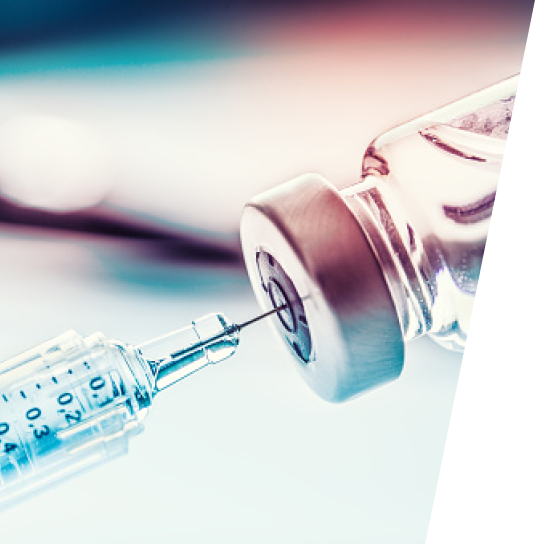Insulin
Insulin is a peptide hormone. Due to the typical scale of insulin production and market pressures to increase availability and reduce the cost of insulin, there is justification to invest in finding improved conditions and materials for insulin purification.
In partnership with a leading insulin manufacturer, YMC projected the cost contributions by the three principal cost drivers associated with preparative LC processes: labor/overhead comprises roughly 56% of the cost; mobile phase consumption accounts for 31%; and stationary phase expense is the smallest factor, accounting for the remaining 13%.
Ironically, it is the stationary phase that can exert the most significant impact on the other two cost drivers (processing time and mobile phase consumption)—the lowest contributor to cost has the greatest impact on overall cost-effectiveness.
In the case study, several stationary phases were tested (all of them C8 reversed-phase). Based on the tests, the study included a careful cost estimation for the isolation of 100kg of purified insulin.
Key factors in the cost projections included:
- Insulin recovery
- The amount of crude insulin required to produce 100g of 99.5% pure product, the required number of purification cycles
fraction volume per run - The number of days required to reach the goal of 100g
- The total volume of solvent required

YMC-Triart Prep Bio200 C8 outperformed all other phases in the test, not just in overall projection but in each individual metric.
Furthering our leadership in insulin purification, YMC’s CaptureSMB technology will increase the yield up to 80% without compromising target purity and will reduce affinity resin costs by up to 60% without changing its use in either the Cascade or the Cohn fractionation process.
YMC technology employing the MCSGP process principle
- Simplifies the standard plasma fractionation process, resulting in higher yields and lower costs while retaining the validated virus inactivation steps
- Provides higher chromatography step yields (up to +80%), leading to more products and lower COG
- Allows operational cost reduction through buffer and stationary phase savings of up to 60%
- Reduces CAPEX by 30%
Learn more about this and other insulin purification approaches by downloading our Case Study: YMC Contichrom in Blood Plasma Fractionation.
Application Search
Use our extensive Applications Search page to mine a dynamically growing collection of over 350 YMC-produced application notes.
The data can be searched by any combination of several variables, including sample classification, compound name (including partial names), and column parameters.
